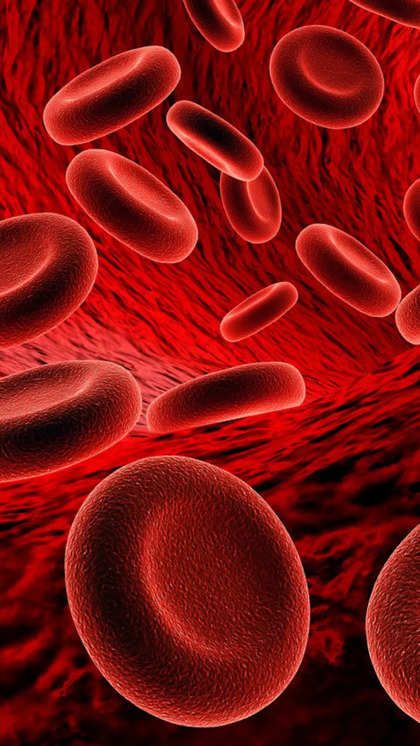hello, let’s talk about cancer
We know cancer isn’t the kind of guest anyone wants to invite in. But sometimes, it shows up anyway uninvited and inconvenient. So, what do you do when it moves in? You try to slow it down.
Here’s how people and science are learning to press pause on cancer’s plans.
Maybe you’ve heard about someone who decided to change their diet after a diagnosis. Imagine this: they cleared the kitchen of processed food, stocked up on veggies that haven’t seen the inside of a bag, and made olive oil their new best friend. Why? Because research suggests plant-heavy diets with healthy fats can help lower inflammation and may make it harder for cancer cells to play their risky games.
Then, there’s the exercise crowd. We’re not talking about running ultramarathons. Just a walk around the block or a gentle yoga class. Studies show even small doses of movement each day can support your immune system and help manage treatment side effects. It’s like sending reinforcements in to keep your body fighting smart.
Let’s not forget about stress. Yes, it’s sneaky, and yes, it matters. People who find ways to relax maybe through meditation, support groups, or even a good book give their bodies a better shot at keeping cancer in check. Keeping stress down may help tamp down inflammation and help you feel more in control. And everyone likes to feel a bit more in control.
Some folks get curious about supplements. It’s tempting to try everything you see online, but before you raid the vitamin aisle, check with your doctor. Some things can actually do more harm than good, especially when mixed with cancer medicines. When you and your doctor work together, you stay ahead of the sneaky stuff.
Of course, the real heavy lifting usually happens in the lab with your medical team. Treatments like chemotherapy, radiation, immunotherapy and new targeted drugs are getting smarter at slowing cancer down. Sometimes, doctors even send in your own immune cells, supercharged, to chase down the bad guys. It’s a marvel of modern science, and it’s getting better every year.
But slowing down cancer isn’t just about medicine. It’s about showing up each day, making choices that give you power when things feel uncertain. Maybe you give your body more sleep. Maybe you laugh a little louder with friends. Maybe you find your own kind of hope tucked into the simplest routines.
In the end, you can’t always control what cancer does. But you can pull out every stop, load up your side with healthy choices, and work with your team, so each day can be a little bit stronger and a little bit slower for cancer.
And that, honestly, is worth everything.




